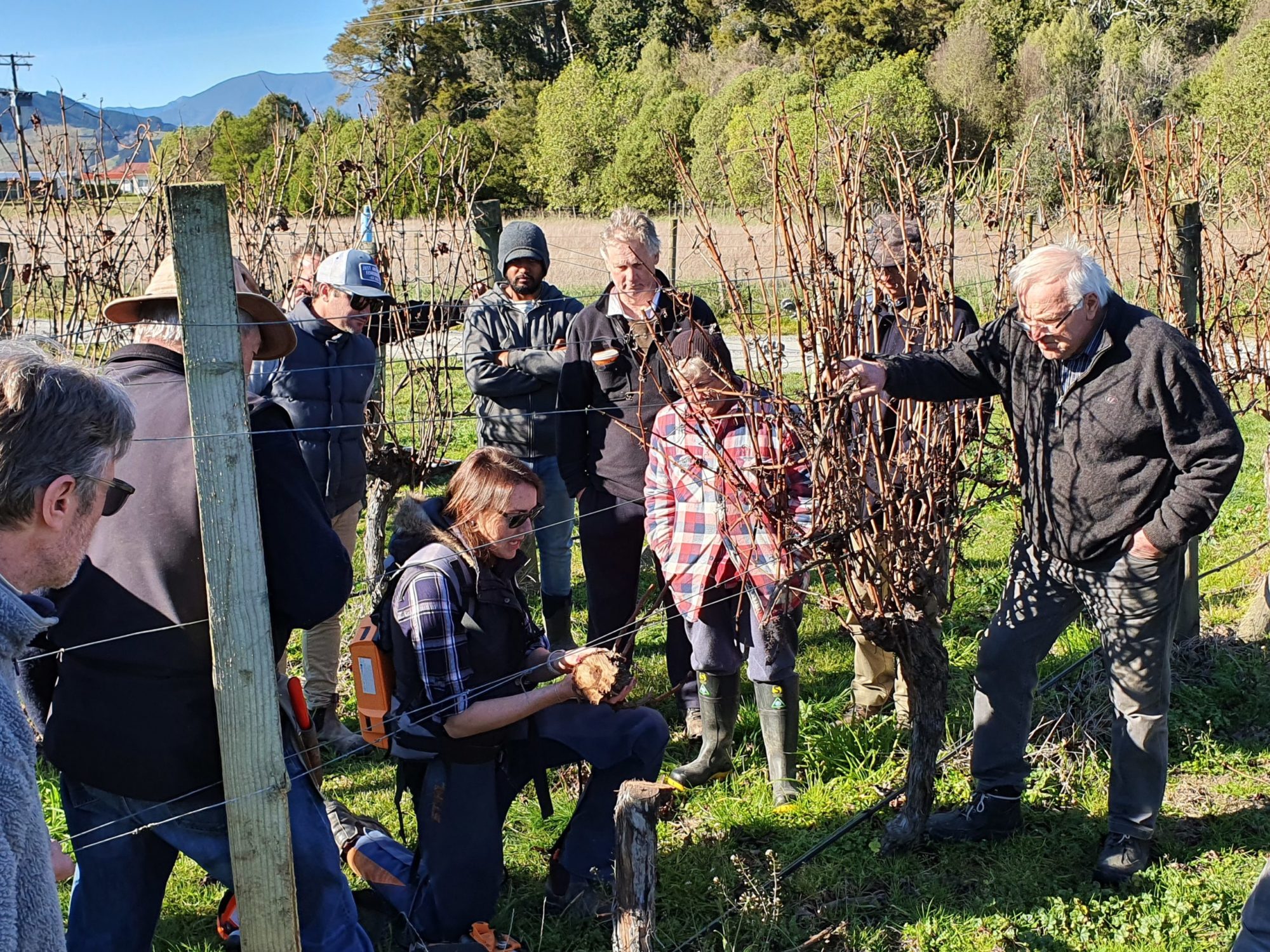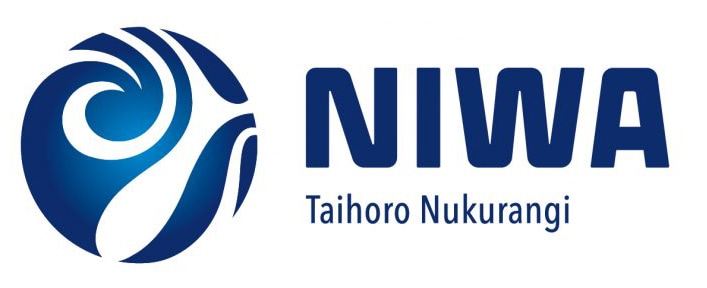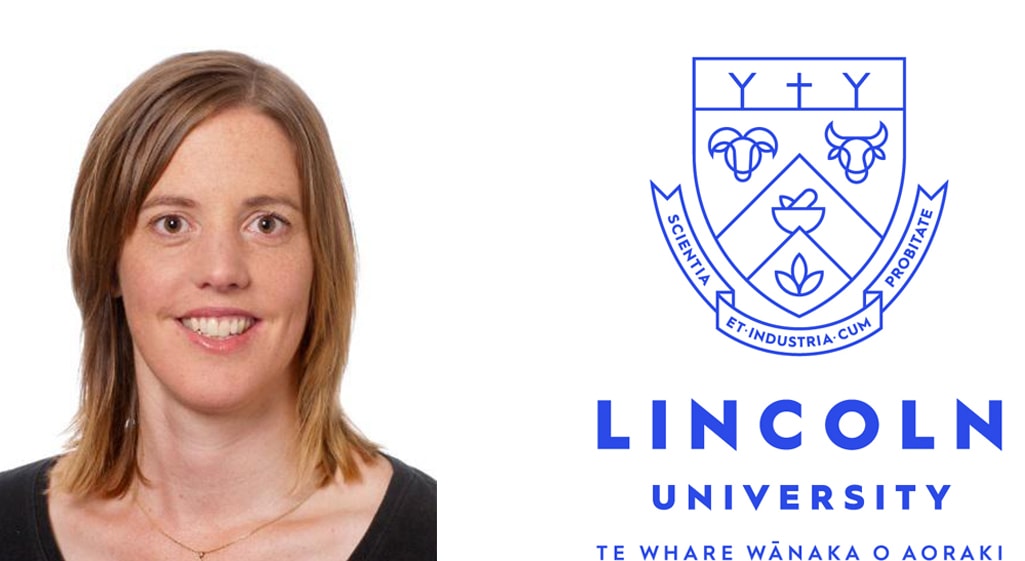BRI’s Extension manager, Len Ibbotson, recently completed a research paper for his Master of Business Administration at the University of Otago, investigating extension services for New Zealand’s wine industry, particularly the viticulture sector.
Extension is a process through which knowledge is shared between researchers and producers in the primary sector. Extension is critical to ensure a good return on science investment and for supporting uptake of new knowledge and behaviour change.
The purpose of the investigation was to define extension, identify and evaluate the current state of extension services for NZ’s wine grape producers and develop an extension strategy to provide a framework through which BRI can further develop its extension program.
“Having Len undertake this significant investigation as part of his professional development has produced an outstanding resource for BRI,” says CEO MJ Loza.
Extensionists from several primary sector organisations in NZ and overseas were interviewed to learn about their extension programs and find out how they interact with and share information with their industry. Growers were also interviewed and surveyed to explore what motivates them to seek out new knowledge, understand how they prefer to receive new information and find out how they share knowledge with others. Both groups (extensionists and growers), were also asked for ideas on how BRI might improve their extension service for growers.
Traditionally, the process of extension was top down and linear, with knowledge relating to new products, practices and technology being passed from agricultural scientists to producers by extension agents (extensionists). In recent times, extension has evolved in response to the increasing complexity of farming systems and a growing awareness of the negative environmental impacts of intensive farming.
Modern extension programs recognise the importance of a two-way transfer of knowledge between scientists and primary producers and the value of informal (social and experiential) learning pathways for knowledge diffusion. It is the role of extensionists to shape extension programs to facilitate knowledge transfer, improve alignment between research and industry objectives and improve the uptake of research outputs.
Len extends his thanks to all the growers and extensionists who participated in the study and shared their experience and many valuable insights. He also thanks those members of the Bragato Research Institute who provided input and feedback on the strategy. Also, thanks to Vance Kerslake of Wine Marlborough for his advice relating to applied research methodology. Recognition is also due for all the Otago University MBA teaching staff particularly Gregor Schmalz, Dr Sergio Biggeman and Mike Roberts.

















